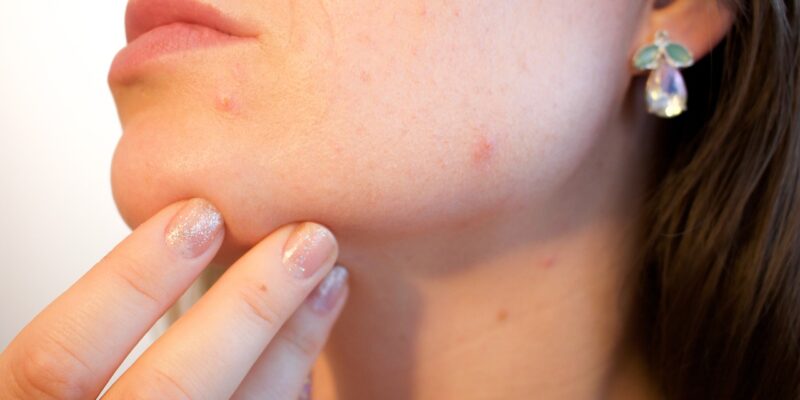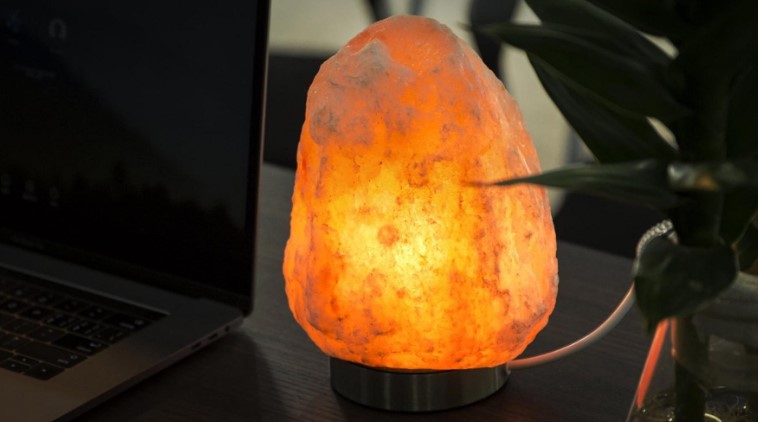Acne scars are a common skin concern, especially for those who have experienced moderate to severe acne. The scars are caused by the inflammation of the skin due to acne, which damages the tissues and leads to scarring. The severity of scarring can vary depending on the type and severity of acne, as well as individual skin characteristics.
Acne scars can be classified into two types: hypertrophic and atrophic. Hypertrophic scars are raised and bumpy, while atrophic scars are depressions or pits in the skin. Both types of scars can be frustrating and affect an individual’s confidence and self-esteem.
The best way to prevent acne scars is to manage acne breakouts effectively to minimize inflammation. This can be done through a consistent skincare routine that includes gentle cleansing, exfoliation, and moisturizing. It’s also important to avoid picking or squeezing pimples, as this can cause further inflammation and damage to the skin, leading to more severe scarring. Seeking professional help from a dermatologist can also be beneficial in preventing scarring and improving skin health.
Overall, prevention is key when it comes to acne scars. By taking care of your skin and managing acne breakouts effectively, you can minimize the risk of scarring and improve skin texture and appearance.
Treatment Options for Acne Scars
Acne scars can be a source of discomfort and can cause low self-esteem. Fortunately, there are several treatment options available to reduce their appearance and improve skin texture. These treatment options include chemical peels, microdermabrasion, laser therapy, and fillers.
Chemical peels involve applying a chemical solution to the skin to remove the damaged top layer of skin. This process promotes the growth of new skin cells, improving skin texture, and reducing the appearance of scars. Microdermabrasion, on the other hand, involves exfoliating the skin using a special device that removes dead skin cells and stimulates collagen production.
Laser therapy is another effective treatment for acne scars. It uses pulses of light to stimulate collagen production and improve the appearance of scars. This treatment is effective for both shallow and deep acne scars.
Fillers are also used to treat acne scars and involve injecting a substance such as hyaluronic acid into the skin to fill in the scar. This technique helps improve the appearance of scars and restore a smoother skin texture.
In conclusion, there are several treatment options available to reduce the appearance of acne scars and improve skin texture. These treatment options should be chosen based on the severity of the scars and the individual’s skin type. A dermatologist can recommend the best treatment plan for achieving the desired results.
Chemical Peels
Chemical peels are a popular treatment option for acne scars. This procedure involves the application of a chemical solution to the skin, which helps to remove the damaged top layer of skin. This can improve the overall appearance of the skin and promote new skin cell growth.
Chemical peels come in different strengths, with stronger peels producing more dramatic results. However, stronger peels also come with a greater risk of side effects and longer recovery times. It is important to consult with a dermatologist before undergoing a chemical peel to determine the appropriate strength and type of peel for your skin type and scar severity.
Chemical peels can effectively reduce the appearance of acne scars, but it may take several treatments to achieve optimal results. It is also essential to follow proper aftercare instructions to ensure quick and efficient healing. These instructions may include avoiding sunlight, avoiding makeup for a certain amount of time, and using moisturizer regularly.
Overall, chemical peels can be an effective treatment option for those with acne scars. It is always recommended to consult with a dermatologist to determine the best course of action for individual skin concerns.
Laser Therapy
Laser therapy is becoming an increasingly popular option for treating acne scars. This non-invasive treatment works by targeting the scar tissue with pulses of light, stimulating collagen production and improving overall skin texture. One of the advantages of laser therapy is that it can be effective for both shallow and deep acne scars.
During the treatment, a handheld device is passed over the affected area, emitting the laser light. The treatment can be uncomfortable, but a topical anesthetic can be applied to minimize any discomfort. The number of sessions required will depend on the severity of the scarring, but most people will require between four and six sessions.
It’s important to note that while laser therapy can be effective in reducing the appearance of acne scars, it may not completely eliminate them. Maintenance treatments may be required to maintain results, and it’s also important to properly manage any ongoing acne breakouts to prevent new scarring from forming.
Overall, laser therapy can be a valuable tool in the treatment of acne scars. If you’re considering this treatment option, it’s important to consult with a qualified provider to discuss your options and determine if it’s the right choice for you.
Preventing Acne Scars
Preventing acne scars is an important part of maintaining healthy skin. When it comes to managing acne breakouts, the goal is to minimize inflammation and reduce the likelihood of scarring. One effective way to do this is by establishing a consistent skincare routine. This routine should include gentle cleansing, exfoliation, and moisturizing. By keeping the skin clean and hydrated, you can help prevent the formation of pimples and reduce the risk of scarring.
It’s also important to avoid picking or squeezing pimples. While it may be tempting to try and “pop” a pimple, doing so can actually cause further inflammation and damage to the skin. This can lead to deeper scars and make it more difficult to achieve smooth and healthy-looking skin.
Finally, seeking professional help from a dermatologist can be an effective way to prevent acne scars. If you are struggling with persistent or severe acne breakouts, a dermatologist can provide targeted treatment options and help you develop a skincare routine that is tailored to your unique needs. They can also offer advice on how to prevent scarring and improve the overall health and appearance of your skin.
Skincare Routine
Skincare routine is an essential part of maintaining healthy skin and preventing Acne scars. A regular skincare routine that includes gentle cleansing, exfoliation, and moisturizing can help prevent acne breakouts and minimize scarring.
- Gentle Cleansing: Cleansing your face twice a day, once in the morning and once at night, is crucial for removing dirt, oil, and makeup that can clog pores and cause acne. It’s important to use a gentle cleanser that is formulated for your skin type to avoid over-drying or irritating your skin.
- Exfoliation: Exfoliating once or twice a week can help remove dead skin cells that can clog pores and cause acne breakouts. You can use a physical exfoliant, such as a scrub or brush, or a chemical exfoliant, such as an alpha hydroxy acid (AHA) or beta hydroxy acid (BHA) product.
- Moisturizing: Moisturizing is essential for keeping your skin hydrated and healthy. It’s important to choose a moisturizer that is non-comedogenic, meaning it won’t clog pores or cause acne. Using a moisturizer with SPF can also help protect your skin from sun damage and prevent discoloration.
Having a consistent skincare routine and taking good care of your skin can help prevent acne breakouts and minimize the risk of scarring. It’s also important to avoid picking or squeezing pimples, as this can cause further inflammation and damage to the skin. If you’re struggling with acne breakouts, seeking professional help from a dermatologist can also be beneficial in preventing scarring and improving skin health.
Avoiding Picking or Squeezing Pimples
If you want to prevent acne scars, it’s essential to avoid picking or squeezing pimples. Doing so can cause more inflammation and damage to the skin, leading to further scarring. When you pick at a pimple, you break the skin’s surface, causing it to rupture and release pus and bacteria. This action irritates the skin, creating more inflammation, and makes the healing process longer and more difficult.
Instead of picking or squeezing pimples, it’s best to let them heal naturally. To help with the healing process, you can apply a warm compress to the affected area. This can help reduce inflammation and redness, promoting healing. Additionally, there are spot treatments available that can target pimples without damaging the skin.
It’s essential to remember that picking or squeezing pimples can also lead to the formation of new pimples and acne breakouts. Therefore, it’s best to resist the urge and let your skin heal on its own. If you’re having trouble with persistent or severe acne breakouts, seeking professional help from a dermatologist can provide effective treatment options.
Seeking Professional Help
If you are struggling with persistent or severe acne breakouts, it may be time to seek professional help from a dermatologist. A dermatologist can assess your skin and develop a customized treatment plan to help prevent scarring and improve overall skin health.
During your appointment, the dermatologist may recommend prescription medications, such as topical retinoids or oral antibiotics, to help clear up your acne. They may also suggest in-office treatments, such as chemical peels or laser therapy, to improve the appearance of any existing acne scars.
It is important to note that seeking professional help for acne is not a sign of weakness or failure. Acne is a common skin condition and there are many effective treatment options available. By working with a dermatologist, you can take control of your acne and improve the health and appearance of your skin.









